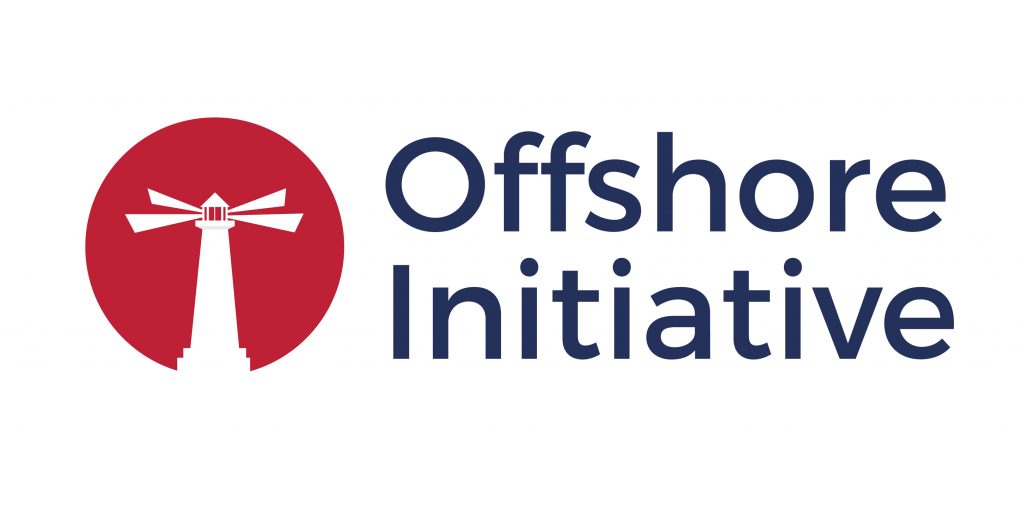Summary
A global infrastructure of offshore accounts, anonymous shell companies and professional enablers are fueling a crisis of democracy.
Today a global infrastructure of offshore accounts, anonymous shell companies, and professional enablers have built a parallel dimension in the world’s financial system. The price of entry to this zone of wealth—a specialized attorney—is out of reach for all but the wealthy few. And the reward such a hire brings is well worth the price: access to a global financial space with minimal rules. Those exploiting this world are not merely a few bad apples, but a cross section of the world’s corporations and super rich, hailing from both authoritarian states and democracies.
The offshore world is more than just a Caribbean exception that exists well outside the U.S. financial system. The offshore world can be found everywhere, from U.S. states mass producing anonymous companies, to New York skyscrapers owned by mysterious figures. It stands at the very heart of how globalized capital functions. The results for most people are bad. There now exists a twin-track financial system: one for the normal citizen with clear tax obligations, and another where not only identifying yourself but paying your dues is optional.

The results have been not only the erosion of state resources and a boom in tax evasion, oligarchy, and inequality; the offshore world has also given an enormous boost to forces of authoritarianism, kleptocracy, and organized crime. Stealth wealth from hostile authoritarians today freely circulates throughout the United States. This does more than just make a mockery of cherished American ideals and the rule of law. Few realize the scale of this problem: Estimates put the value of offshore deposits at $50 trillion or more. These figures are not included in official economic statistics, meaning inequality in today’s world is a far graver problem than most metrics account for. This system, to quote Raymond Baker’s seminal work on the topic, has truly become “capitalism’s Achilles heel.”
This global infrastructure of offshore finance connects two of the most serious challenges faced by democratic states today: the threat from within of rising inequality, plutocracy, and failing state capacity, and the threat from without of rising authoritarian kleptocracies, which have used it to multiply their power and resources at home, interfere in our electoral processes, and extend their influence abroad. Only sustained reform can clean up capitalism, restore the level playing field between citizens and states, and reinforce democracy in the years ahead.

The Offshore Initiative hopes to serve as a platform to inform and inspire the policy debate for those seeking both to better understand this financial world and its nefarious consequences, and to discover how to begin dismantling it. To kick off the discussion, Offshore Initiative has invited some thought leaders to offer their perspectives. Senator Sheldon Whitehouse of Rhode Island explains its strategic centrality. Jim Henry speaks about the value of wealth held offshore (the $50 trillion or more) and its implications. Casey Michel looks at the U.S. role in mass producing anonymous companies. Jack Blum looks at offshore’s effects on inequality. Nicholas Shaxson has written about the perverse effects of offshore finance on the economy: the curse of over-financialization. Nino Evgenidze has written about the painful consequences of the offshore world on Georgia, and Daria Kaleniuk explains offshore’s effects on Ukraine. Ben Judah describes how we think a transatlantic alliance can de-create offshore. Drew Sullivan has looked at what it means for the global role of both the Kremlin and Russian organized crime. And Tom Mueller explores the role of whistleblowers in curtailing offshore, a critical issue.
As the United States enters a critical election period in the months ahead, Offshore Initiative will host discussions and publish work seeking to develop an action plan to deal with the problem. It will host a growing library of key texts and scandals as an educational resource. On the international front, Offshore Initiative will explore the need for a reformist alliance between the United States, European Union, and United Kingdom—the three groupings that together cover most of the world’s key secrecy jurisdictions and financial centers. Focusing at home, Offshore Initiative will assemble ideas for a future U.S. administration, with emphasis on giving law enforcement the resources it needs to work effectively.
Charles Davidson, Jack Blum, and Ben Judah are respectively Editor/Publisher, Senior Advisor, and Editor-at-Large of the Offshore Initiative.
